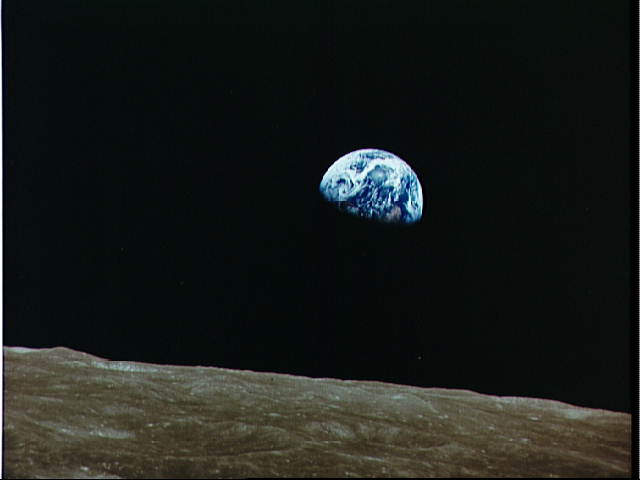The world isn’t what it was ten or even five years ago. Technology has taken our planet and transformed it from an immense collection of cultures and peoples into one tiny blue ball more interconnected than ever before in its history. The lines that divided us on a map are quickly being done away with as the internet and social networking sites, such as the now infamous Facebook, bring everyone together with one click of a mouse and handshake of modems. Is this all for the good, or are communities losing their distinctness, and families struggling with new dynamics in an ever changing world?
Who can argue that what happened recently in Egypt is not a great victory for democracy and, more importantly, free speech? A revolution occurred right before the eyes of the world, largely thanks to the media and reporters` willingness to put themselves in harm’s way.
Mainstream media is fast losing the monopoly it enjoyed covering world events, as the internet becomes the number one place youth turn to in order to get not only their entertainment, but also information. News agencies have owners that determine what goes on the air. They censor themselves whenever they fear a story may ruffle the wrong feathers or hurt the reputation of some of their larger sponsors.
The internet is giving a voice to the people. Bloggers who are not concerned with ratings or upsetting investors are making the world a smaller place, a place where the truth gets out to the people before countless numbers of editors and execs have had their way with the story, spinning it any way they think will generate the highest ratings. Video bloggers, known as vloggers, are often times the first ones on the scene of breaking news, and tell the story with all the truth unedited video can afford.
Is this new generation of journalism going to change the world for good? There is no doubt that telling the truth is preferable, and will help change things. People have the right to know what is going on around the world, and there is no doubt there is more accountability among the leaders of the world than ever before. Whereas once it was possible to cover up civil strife in one’s country, now it is virtually impossible.
The question that needs to be addressed with all of these new forms of technology and media coming to the forefront of world culture is how will we adjust and evolve culturally and communally? Will this new accountability make people be on their best behaviour or is it more likely that acting out in order to gain celebrity will become the norm. It takes only minutes to investigate which videos on YouTube get the most views. Sadly, people are attracted to sights similar to what Rome presented in its Coliseum. Is it possible that we have not evolved socially in the past two thousand years and still enjoy the same types of violent and often times humiliating entertainment?
Television used to be watched by the family. It was often kept in a central place and allowed for some form of interaction between family members. This shared experience allowed for time discussing a program or unfolding world events. This form or community is fast disappearing as people seclude themselves within their homes, planting themselves in front of their computers. This seclusion does not bode well for family interaction, and technology addiction is becoming one of the leading causes for family disintegration and obesity in the world.
The twenty first century is the dawn of a true global community. Secrets, whether they are political or personal, are fast becoming a thing of the past. Humanity needs to become more aware of the challenges and indeed opportunities new media are offering. Only through awareness can this very increasing social networking and media dynamic be navigated. The world is open to everyone now, it is just a question of what each individual wishes to put out there.
